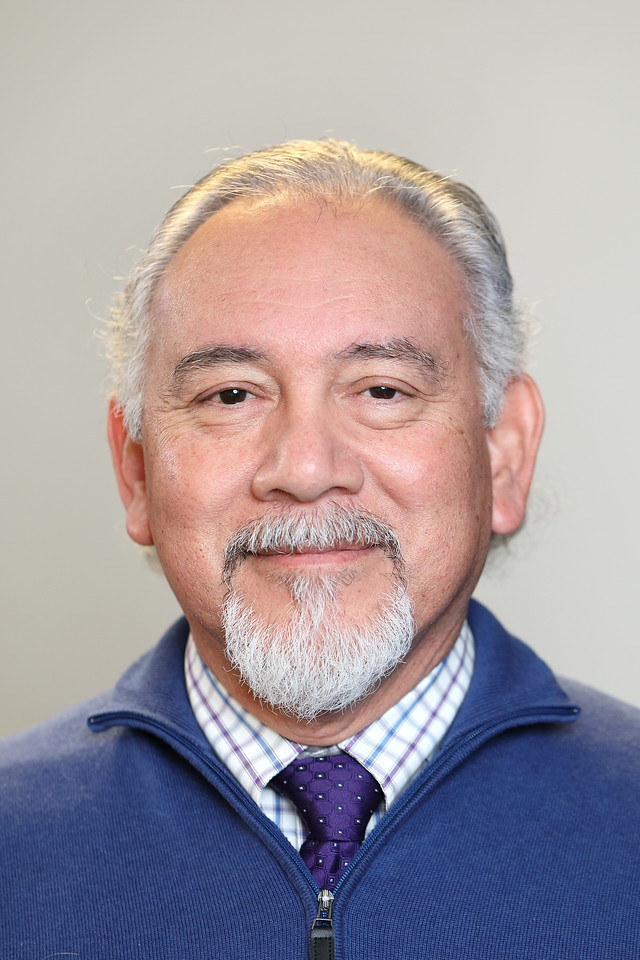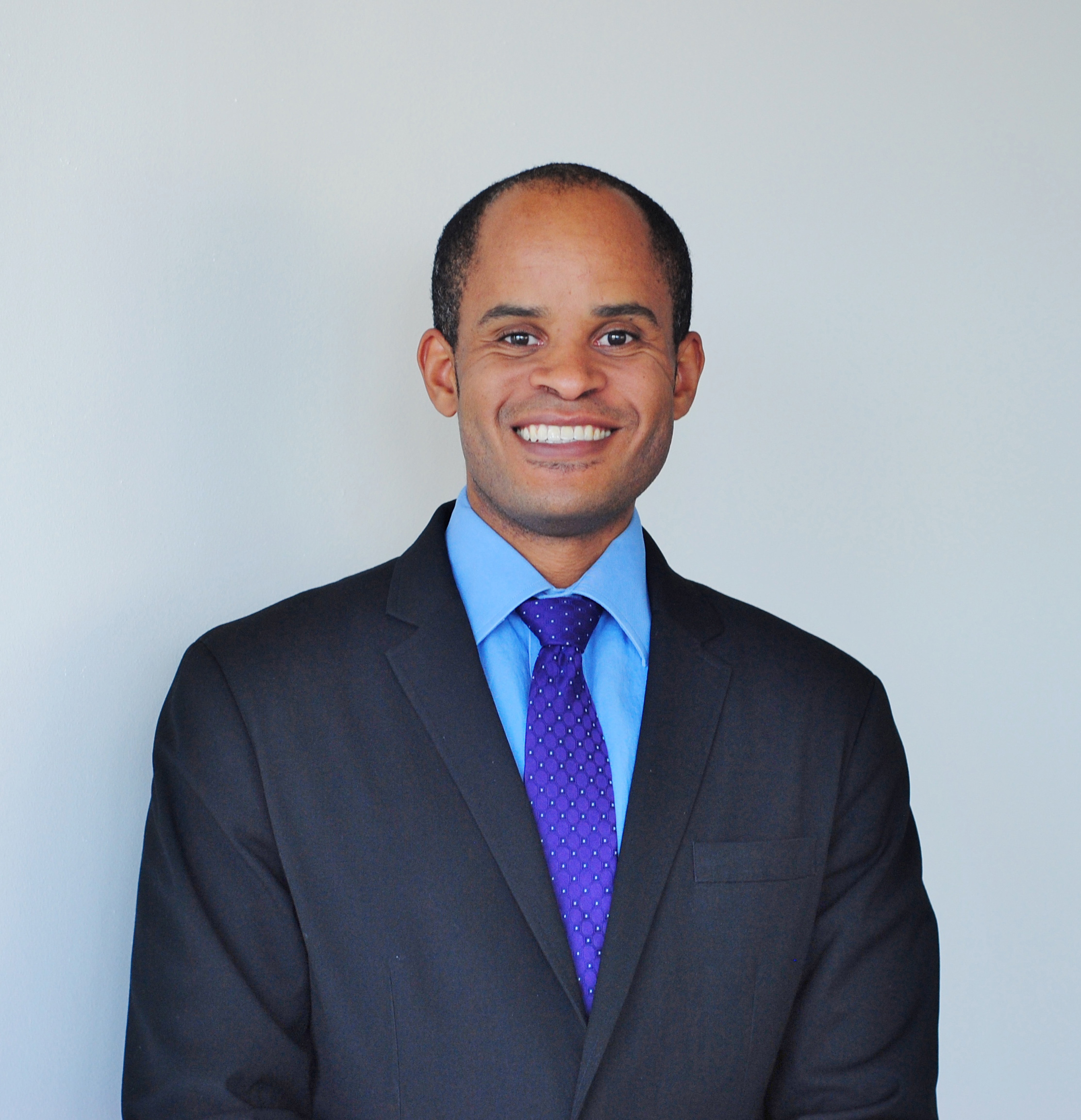Upcoming Changes to NIH Applications for NIGMS Fellowships
The National Institutes of Health (NIH) is making a number of changes to the fellowship application and peer review process for due dates on or after January 25, 2025. For details, visit the Revisions to the NIH Fellowship Application and Review Process webpage. New funding announcements and application instructions will be released in the coming months.
All submissions for the first application due dates on or after January 25, 2025, are strongly encouraged by NIGMS to be submitted as new applications using the new instructions and forms. The first relevant deadlines for NIGMS fellowship programs are:
February 13, 2025
- Advancing Research Careers (F99/K00)
April 8, 2025
- Individual Predoctoral M.D./Ph.D. or Other Dual-Doctoral Degree Fellowships for Students at Institutions Without NIH-Funded Institutional Predoctoral Dual-Degree Training Programs (F30)
- Individual Postdoctoral Fellowships (F32)
- Individual Senior Fellowships (F33)
Notable changes to be aware of include:
- Reframed Instructions and Review Criteria
- Candidate review criteria encompass a wider range of indicators of scientific potential and preparedness.
- The research project is framed as a “research training project” to emphasize training potential of the research.
- Evaluations of the sponsor and institutional environment are reframed to emphasize their contributions to the candidate’s research training plan.
- Changes to Fellowship Application
- Candidate grades are not required or allowed.
- Application instructions are shortened, restructured, and better aligned with the new review criteria.
- There is less emphasis on sponsor track record and more emphasis on training plan and preparedness.
- There is greater clarity on who should author each section.
- Reference letter instructions have been updated.
If you have questions about these upcoming changes, please reach out to the relevant NIGMS program contacts.





